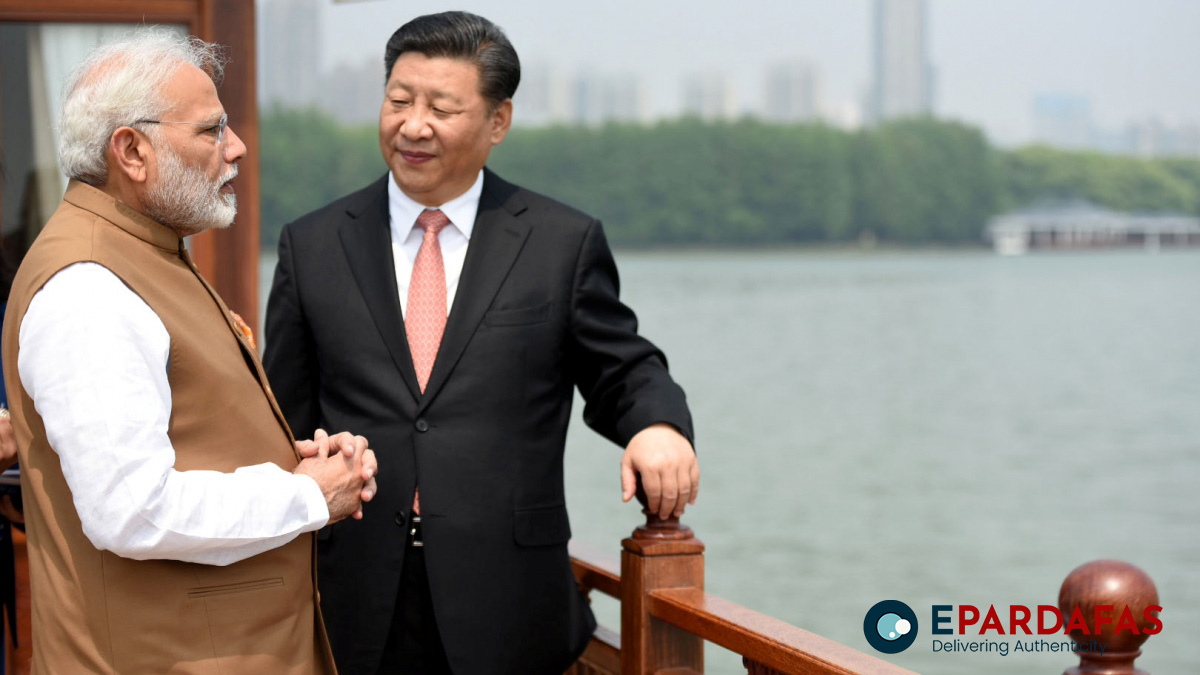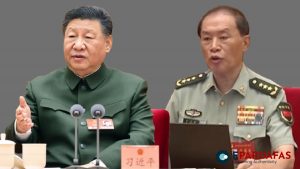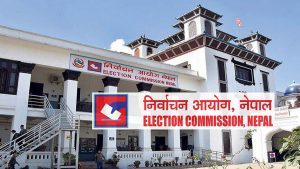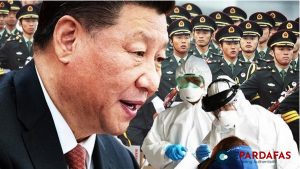
India’s Evolving Great Power Strategy Under PM Modi’s Leadership: A Chinese Perspective
In a surprising and noteworthy acknowledgment, China’s state-controlled Global Times recently published an article titled “Bharat Narrative,” praising India’s economic policies and diplomatic accomplishments during the past four years under the leadership of Prime Minister Narendra Modi. The article, penned by Zhang Jiadong, the Director of the Centre for South Asian Studies at Fudan University, Shanghai, highlights India’s trajectory towards a great power strategy, indicating a significant shift in its foreign policy and global positioning.
Zhang Jiadong’s observations stem from his two recent visits to India, marking his first in four years. The article notes a striking transformation in India’s domestic and foreign landscape during this period, commending the nation’s exceptional achievements in economic development and social governance. While acknowledging these advancements, Zhang also cautions about potential risks and crises that have begun to surface.
Economic Achievements and Social Governance: A Positive Outlook
India’s economic development takes center stage in the assessment, with the acknowledgment that the nation’s economy is gaining momentum and poised to become one of the fastest-growing major economies globally. The progress in urban governance is also highlighted, with improvements noted in public environments, such as the reduction of air pollution in New Delhi.
During discussions with Indian representatives, Zhang observed a shift in attitude, with a more relaxed and moderate tone compared to previous years. The focus on addressing the trade imbalance between China and India has evolved, with Indian scholars now emphasizing their country’s export potential and actively seeking ways to reduce the trade deficit.
Diplomatic Shifts: Embracing a Great Power Strategy
In the realm of diplomacy, India’s transition towards a great power strategy under Prime Minister Modi’s leadership is underscored. The article notes Modi’s advocacy for a multi-alignment strategy, cultivating relations with the United States, Japan, Russia, and other countries and regional organizations. A significant change is highlighted in India’s response to the Russia-Ukraine conflict, where the nation distanced itself from the West and aligned more closely with the developing world.
Furthermore, India’s reservations about Western powers have diminished, and the nation’s activities within Western countries have increased, extending beyond organizing large-scale diaspora events. The article points to a clear shift in India’s foreign policy thinking, aligning itself strategically as a great power on the global stage.
Political and Cultural Evolution: From Democratic Consensus to “Indian Feature”
In the political and cultural spheres, India has evolved from emphasizing its democratic consensus with the West to highlighting the “Indian feature” of democratic politics. The article emphasizes the current focus on the Indian origins of democratic politics, with leaders advocating for “India’s version of democracy.”
Former National General Secretary of the Bharatiya Janata Party, Ram Madhav, stressed the importance of crafting a unique “Bharat narrative.” This narrative extends beyond India’s cultural tradition being a means to achieve its interests or attract foreign tourists; it is now seen as one of the pillars supporting India’s status as a great power.
Challenges and Opportunities: A Rapid Transformation
The article concludes by noting that India’s internal and external policy changes align with its long-held vision of considering itself a world power. The transition from multi-balancing to multi-alignment in less than a decade signifies a rapid transformation toward becoming a pole in the multipolar world. This pace of change, according to Zhang Jiadong, is unprecedented in the history of international relations.
Recognizing India as a major power, the article acknowledges that the rapid changes in internal and external strategies present challenges for both India and the international community. The transformed, stronger, and more assertive India has become a new geopolitical factor that requires consideration by nations worldwide.
In a broader context, the Global Times article reflects the evolving dynamics of Sino-Indian relations and offers insights into how China perceives India’s changing role on the global stage. As India navigates these shifts, the world watches closely, anticipating the implications of its newfound great power strategy under the leadership of Prime Minister Narendra Modi.













Comments